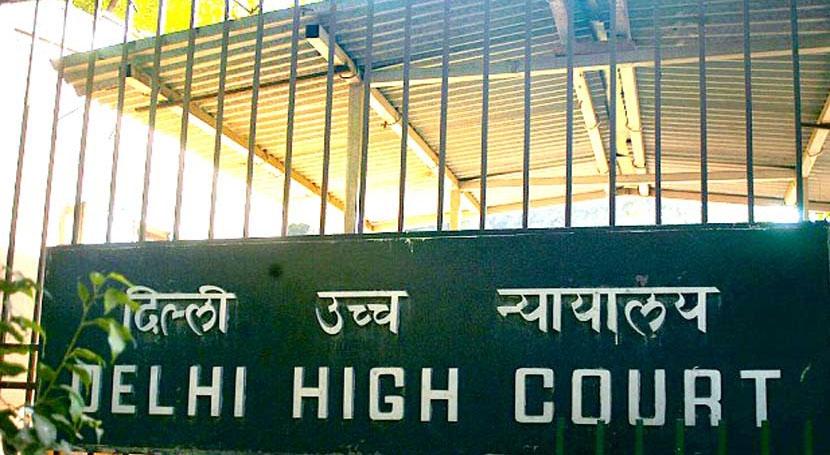
Family court’s approach should align with objectives of family law, not technical legalities: Delhi HC
New Delhi, Sep 22 (IANS) Setting aside a family court’s order, the Delhi High Court has pointed out the importance of a liberal approach by such courts in handling family disputes.
Justice Navin Chawla, while hearing a case where a wife’s right to file her written statement in divorce proceedings was denied, said that the stringent standards applicable to commercial disputes should not be rigidly applied in family matters.
The case in question involved a situation where the family court had closed the wife’s right to submit her written statement in divorce proceedings.
Justice Chawla said that such a decision could have serious personal consequences for the concerned party and that the family court’s approach should align with the objectives of family law, rather than technical legalities.
The court also noted that if the family court determines that one party is intentionally causing delays in the proceedings, it should issue orders specifying conditions to prevent further delays.
In this particular case, the wife had challenged the family court’s decision to strike off her defence, which was made in response to her husband’s divorce petition filed in Uttar Pradesh.
However, the Supreme Court had transferred the case to Delhi based on a petition by the wife.
The wife had sought an adjournment in the family court, citing illness as the reason for not filing her written statement. Nevertheless, the family court rejected her request for an extension of time to submit the written statement.
Justice Chawla took into account the unique circumstances of the case, including the fact that notice had been issued to the parties to appear after the transfer of the divorce petition. Furthermore, a thirty-day period had been granted to the wife to file her written statement.
The court said that in family disputes, family courts should adopt a more lenient approach compared to the strict standards applied in commercial disputes.
Hence, Justice Chawla set aside the previous order and allowed the wife to file her written statement before the family court with a clear stipulation that failure to do so would result in the closing of her right to file the statement, allowing the family court to proceed with the divorce petition accordingly.
